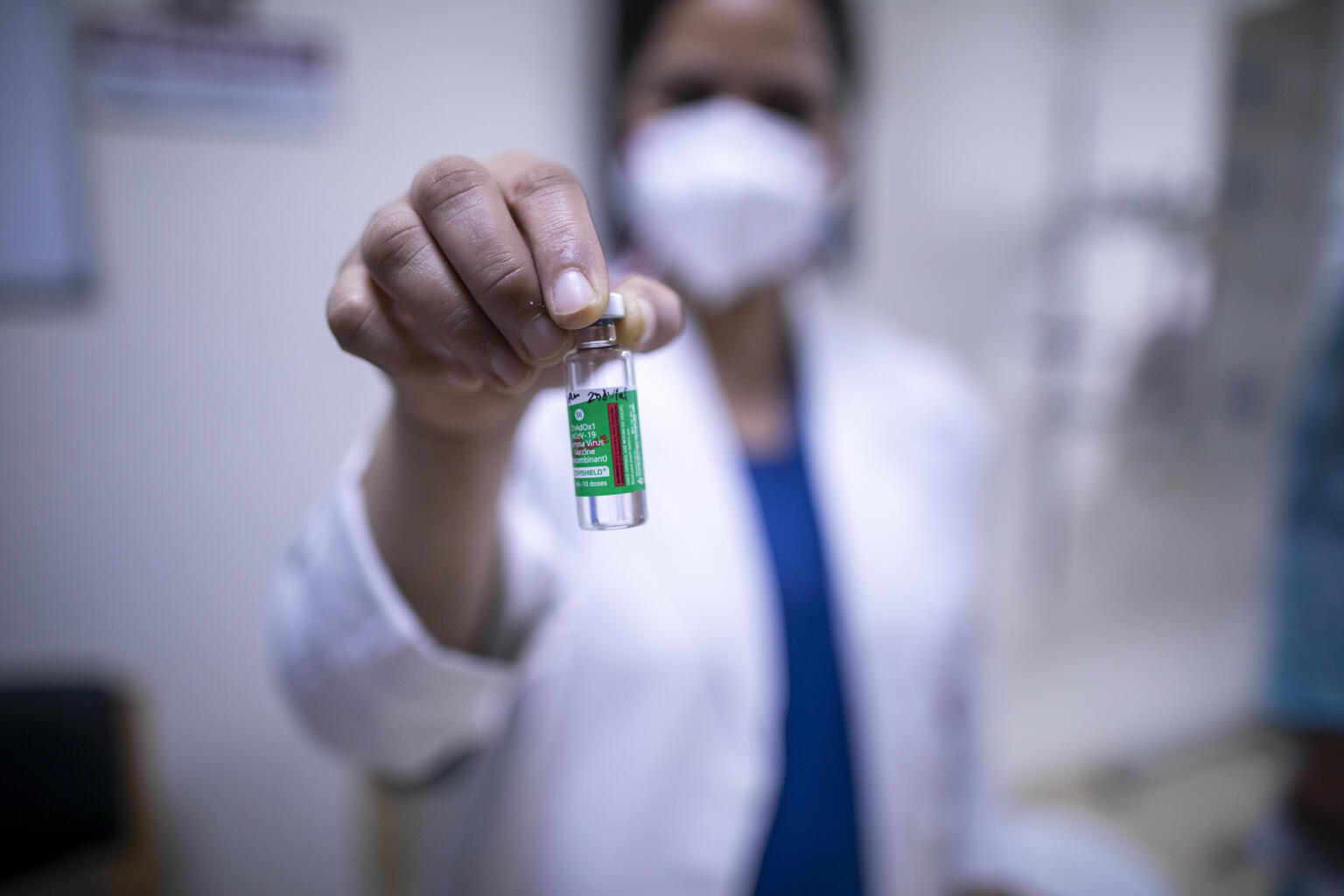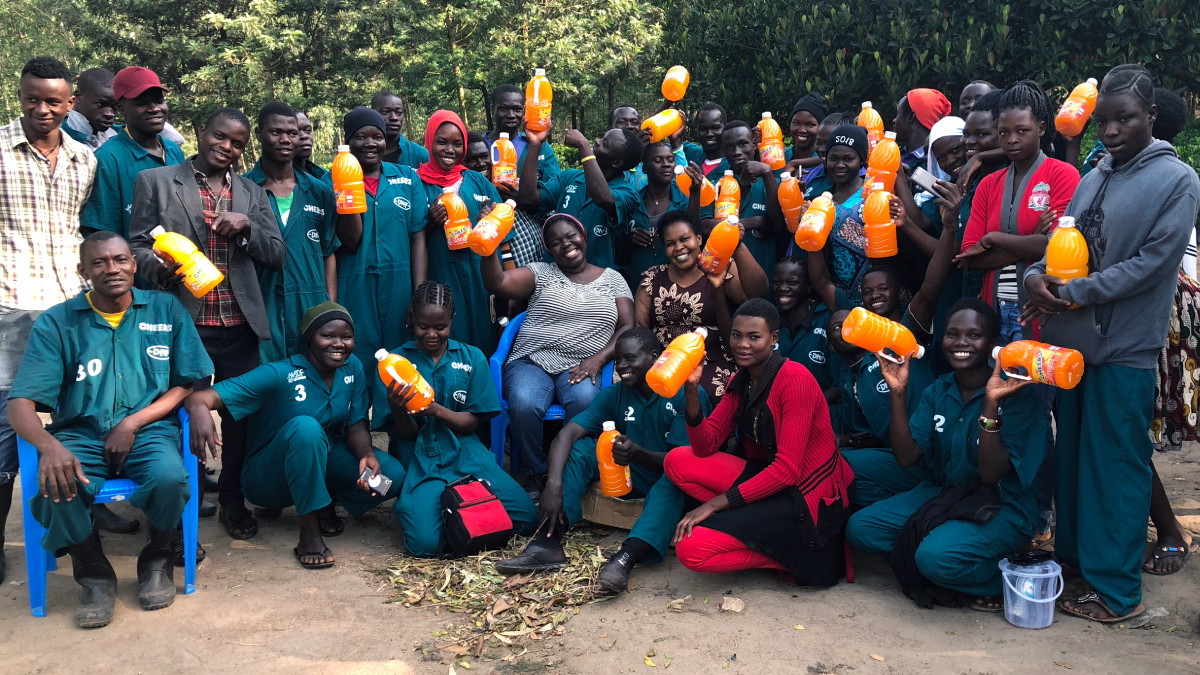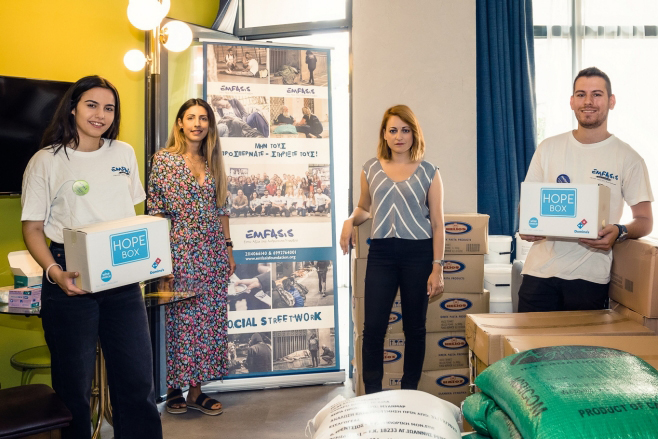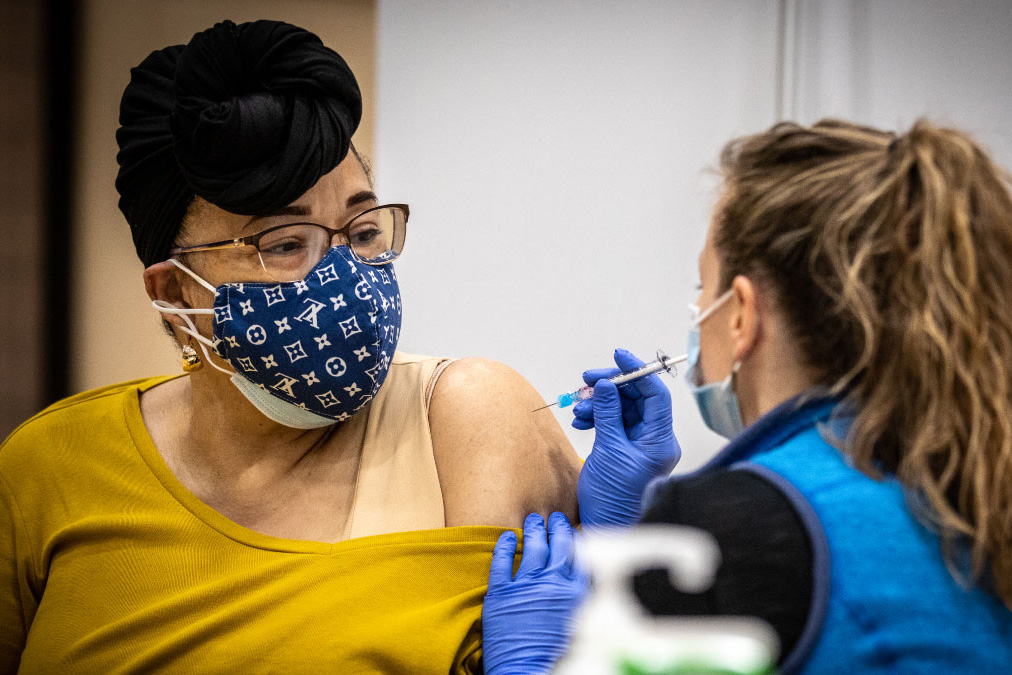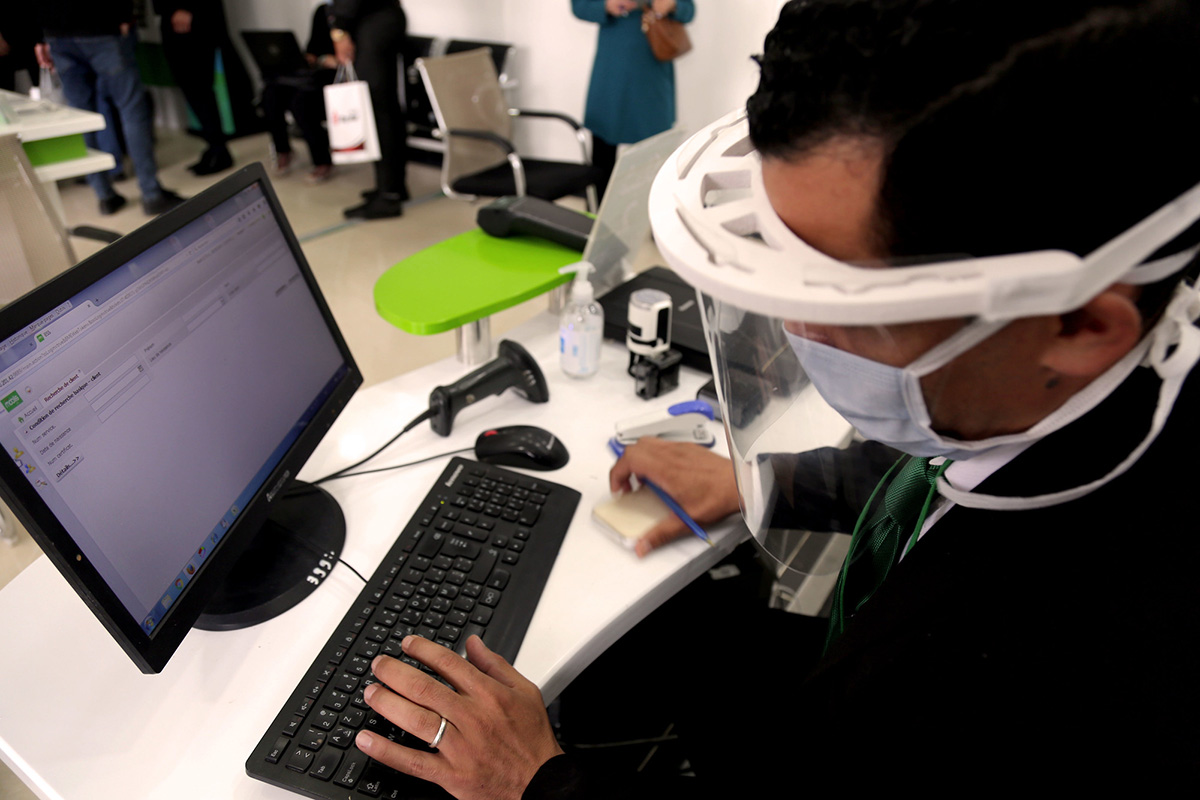The United Nations Commission on Science and Technology for Development convenes from 17 to 21 May, bringing together UN leaders, led by Deputy Secretary-General Amina Mohammed, scientists, including a Nobel laureate, and other experts to explore how new technologies can contribute to a sustainable and resilient COVID-19 recovery for all.
Economic Development
A finalist of UNCTAD’s award for women in business gets $10 million from her government to build a fresh juice factory that will promote sustainable agriculture and improve livelihoods in North Uganda. Julian Omalla produces one of Uganda’s most popular fruit drinks, Cheers, boasting a loyal customer base of over 5 million people. Affectionately known by many as “Mama Cheers”, the 56-year-old founder and chief executive is one of the east African nation’s foremost female entrepreneurs.
Every year, more than 2.3 million people die from workplace accidents and illnesses – while millions more experience a significant reduction in their quality of life. Watch this video to learn more about the need to build, sustain and reinforce strong health and safety cultures on construction sites.
While the past year has been tremendously challenging, there have been remarkable stories of human resilience, ingenuity, and creativity. From helping small companies weather the pandemic, through supporting women firefighters, creating sustainable jobs for youth, connecting people to high-quality healthcare and vulnerable groups to food suplies, to kickstarting sanitizer production - the World Bank shares six stories of hope from around the globe. These are not billion-dollar projects, but the tales of everyday entrepreneurship and innovation happening on a small scale with a big impact.
New projections show stronger growth than expected in 2021, but the untackled problems of inequality, indebtedness and weak investment threaten hopes for a more resilient future. The global economy is set to grow by 4.7% this year, faster than predicted in September (4.3%), thanks in part to a stronger recovery in the United States, where progress in distributing vaccines and a fresh fiscal stimulus of $1.9 trillion are expected to boost consumer spending, says the update to UNCTAD’s Trade and Development Report 2020.
Twelve months, twelve lessons from the pandemic: Facts save lives; Be fast, be global; Everything is connected; We are not all treated equally, and that needs to change; Progress can be precarious; Biodiversity is keeping us alive; Women’s leadership is needed more than ever; Many hands make light work – even if some are not human; Migrants are the future; The more we know, the more effectively we can act; The SDGs are more vital than ever; A crisis is also an opportunity.
UNEP’s Global Recovery Observatory on green spending brings together global leaders and international institutions to debate progress, explore openings, and attempt to answer some of the major questions following the Covid-19 pandemic. An online UN-Oxford panel discussion is asking and answering the questions that matter: What is at risk if we fail to build back better? Can recovery spending bring strong economic and job impacts while securing environmental progress? How can countries better leverage recovery spending to accelerate the transition to a sustainable and more equitable world?
Not long ago, the 74 poorest countries in the world were well on the path to a better, more prosperous future. But COVID-19 is threatening all that. Today, health workers, teachers, students, employees, scientists, women, men and many others are weaving stories of resilience in the midst of this crisis.
Engineering has always had an essential role in development and human welfare. Engineering has helped to shape the world for millennia and now more than ever, the world needs engineering. Ensuring that future generations of engineers and scientists will be able to design solutions for local and global challenges is critical. UNESCO proclaimed 4 March World Engineering Day for Sustainable Development to raise awareness of the role of engineering in modern life, which is essential to mitigate the impact of climate change and advance sustainable development.
A new UN guide, supported by UNOPS, highlights how governments can use long-term infrastructure planning to save money, increase efficiency, and promote sustainability. Managing Infrastructure Assets for Sustainable Development calls to vastly overhaul the way governments build and maintain infrastructure. Everything from water and sanitation systems to energy grids to transportation facilities must be strengthened in order to reduce waste and costs, improve the delivery of essential public services and ensure a sustainable future for all.
COVID-19 has shown that health, decent work and environmental sustainability are strongly linked. The principles of the circular economy – repair, re-use and recycle are key to achieving sustainable supply chains and can help promote decent work.
The Productive Capacities Index (PCI) is an UNCTAD online portal with publications, manuals, resources and tools that allow policymakers to measure their countries’ performance in achieving their national development goals, as well as their ability to meet the UN’s Sustainable Development Goals (SDGs).
We step into a new decade bringing with us the shadow of the last. The COVID-19 pandemic challenged not just our everyday lives. It also drew our attention to the need to act as one to address the challenges of inequality, climate change and governance. In response, UNDP continues to work with its partners to deliver for those most in need. The pandemic tested international cooperation and the multilateral system that underpins it and showed, more starkly than ever, how we must respond collectively and in new more flexible ways to complex and unprecedented global challenges.
The World Economic Situation and Prospects 2021, the UN’s flagship report produced by DESA, looks at the performance of the world economy since the start of the pandemic as well as the impacts of global policy responses and post-crisis recovery scenarios. Set against a backdrop of prolonged economic uncertainty, the report highlights areas hardest hit by the pandemic and the subsequent global response, including challenges and opportunities that will determine the sustainability, resilience and fairness of the global recovery efforts. The report launch starts at 11:00 am, watch it live.
Although global economic output is recovering from its COVID-19 collapse, the World Bank Global Economic Prospects shows it will remain below pre-pandemic trends for a prolonged period.

